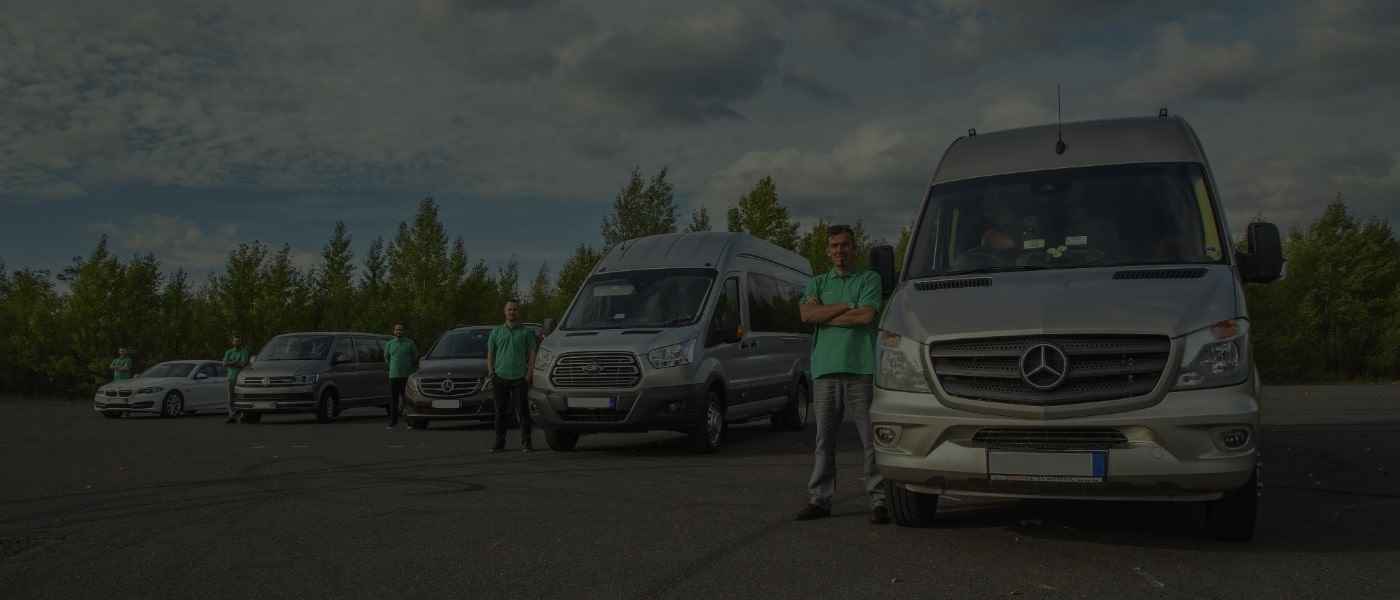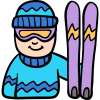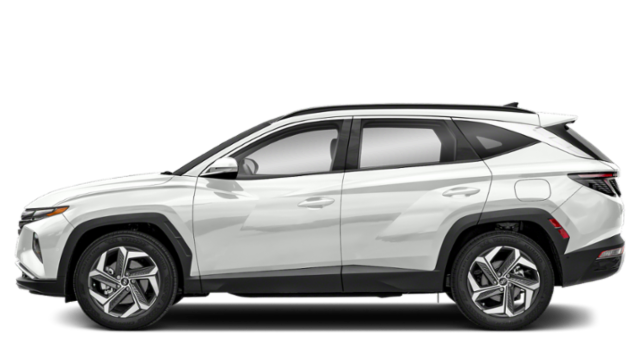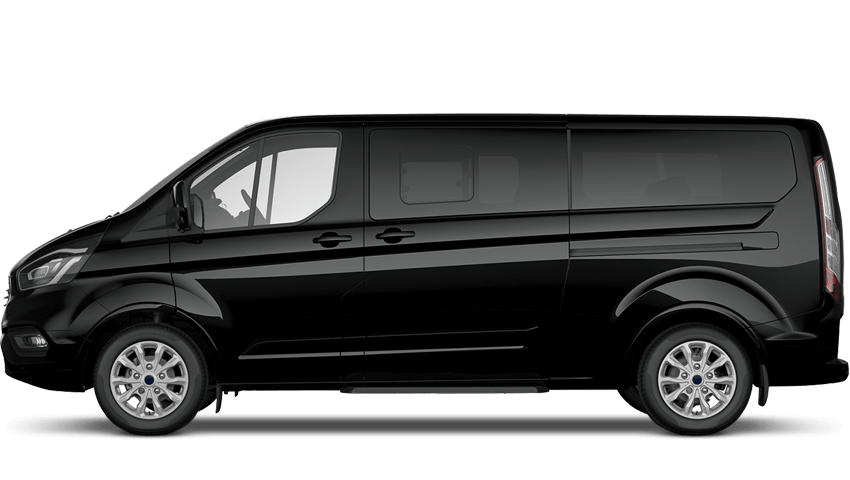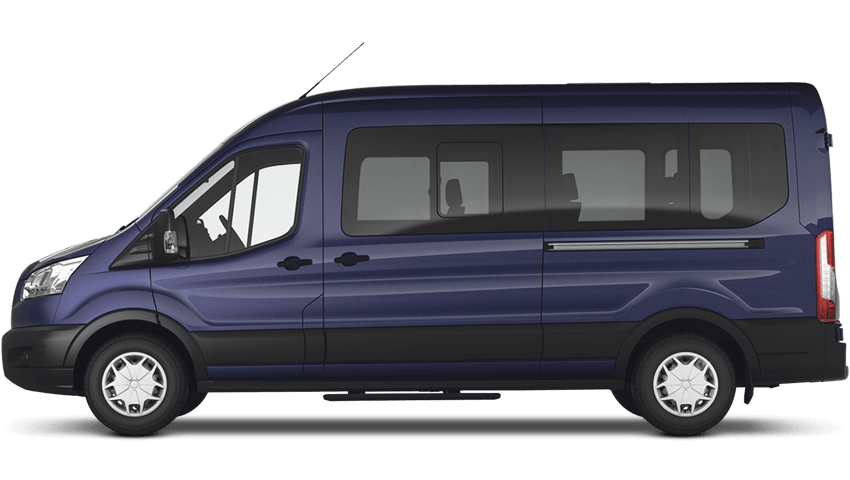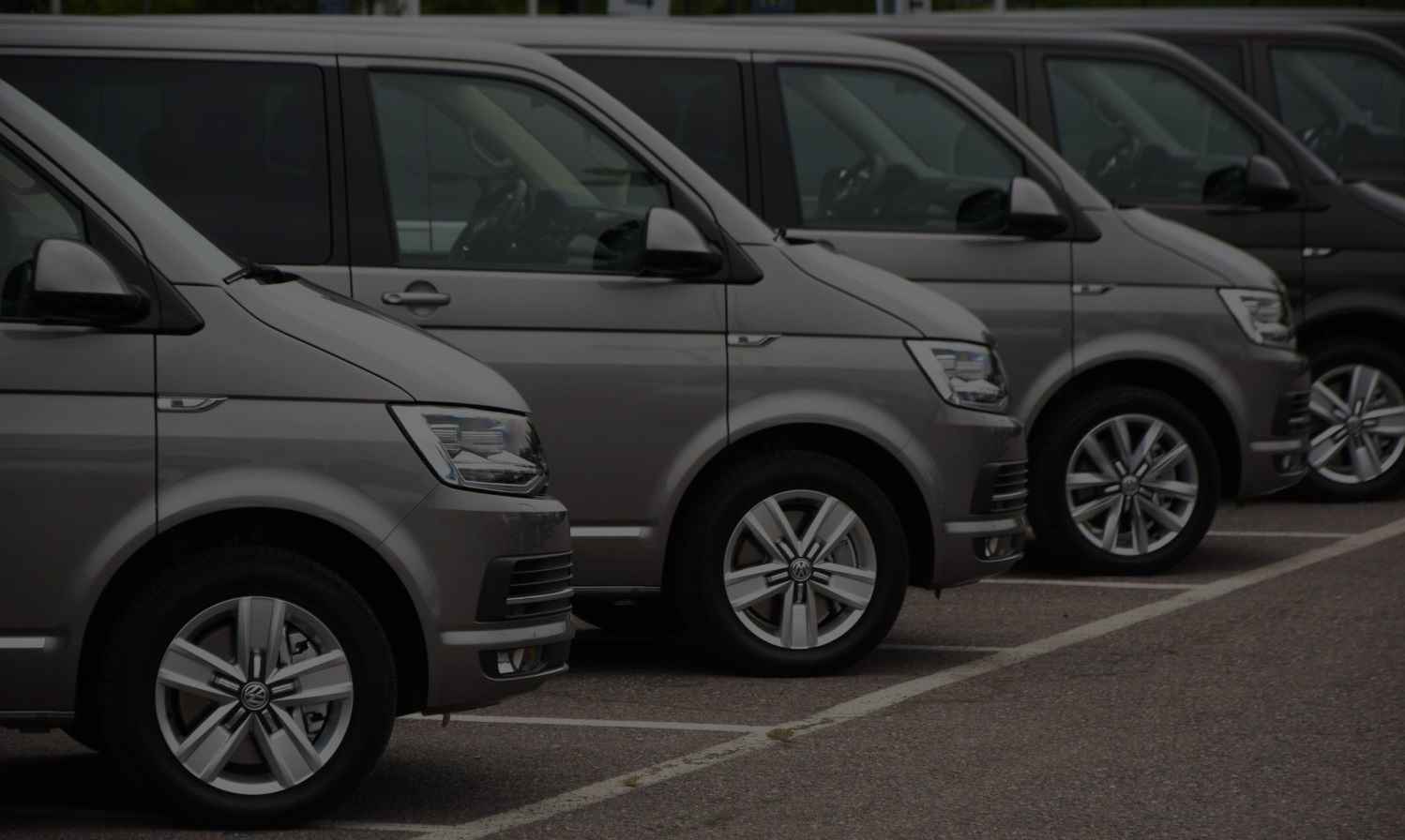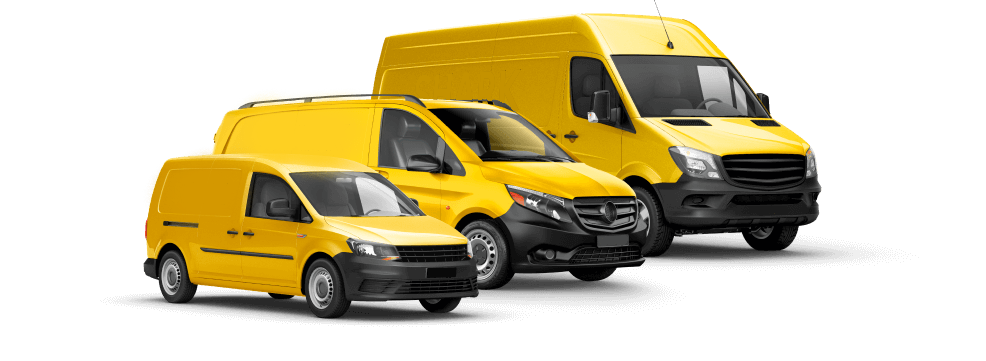BOSNIA
The official languages in the Bosnia and Herzegovina are Bosnian, Serbian and Croatian. In the Republika Srpska you'll see signs in Cyrillic, so a Serbian-English dictionary would be helpful there. A lot of Bosnians, especially the younger generation will speak English. A surprising number of young people will also know at least some German, because Bosnian kids learn German at school. The older generations tended to have studied English, French or German in school. Many Bosnians speak excellent English, but these are professionals and none of them work in hotels, restaurants, bus stations, or drive taxis. Stated positively, every day Bosnians will insist upon buying you coffee and cakes while engaging you in long and deep intellectual discussions, in perfect English. You'll need to learn a little Bosnian to buy a snack at a bakery and tell a taxi driver where you're staying, but this is easy enough. Bosnia and Herzegovina was the 1984 host for the Winter Olympics, and it still takes pride of its winter sports potential. Especially around Sarajevo there are challenging venues. During the war of the 1990s many Olympic venues were severely affected, but at present all is put in place to give the skier a great experience. Close to Sarajevo there are the Bjelasnica, with over 8km of ski trails, the Jahorina (20km) and Igman mountains. Close to Travnik is the Vlasic Mountain with 14km. Other resorts are Blidinje, Vlasenica in the east and Kupres in Western Bosnia. Bjelašnica and Jahorina are also beautiful for hikes during summer.
- How to get from Bosnia to Budapest?
- There are some public transportation options from Bosnia to Budapest. Direct train or public bus links run regularly, although these options are more time-consuming and less comfortable and flexible than a private transfer service. Most of the time you have to wait a long time for public transport and sometimes you have to transfer (connecting).
- What's the fastest journey time between Bosnia and Budapest? Train, bus or private transfer?
- Private transfer between Bosnia and Budapest does not take any longer than by train or bus between Bosnia and Budapest. The door-to-door private transfer service is the fastest way between this two place. Our transfers are also much more comfortable than travelling by train or public bus. On the way you can see many beautiful places.
- How do I travel from Bosnia to Budapest with my family?
- The best way to travel from Bosnia to Budapest is by private transfer service. It offers you the option to turn your trip into an exciting experience that is stress-free, relaxing, and flexible. You will not be sharing the vehicle with other passengers and the cost is for the private hire of the vehicle and driver. We provide transfers with clean and comfortable, air conditioned, fully licensed and insured vehicles and professional drivers.
- How much does a private transfer service from Bosnia to Budapest cost?
- It’s not the cheapest option, but for this price you can enjoy a hassle-free, door-to-door private transfer. You can pre-order reliable private transfer to the city center, comfortable car transfer for the family with children. The transfer cost between Bosnia and Budapest is fixed at the time of pre-order and never rises: either when the driver is waiting for the passenger, when the stop is necessary, or because of traffic jams.
- How do I find my driver before my transfer from Bosnia to Budapest?
- Our local driver picks you up at the agreed time and at the agreed place and drives you safely to your destination in Bosnia or Budapest. You can avoid finding cabs, taking care of your luggage, waiting at trains stations or security lines. We are very experienced and we drive this route very often between Bosnia and Budapest (in both direction).
- How do people most often search for travel between Bosnia and Budapest?
- Taxi from Budapest to Bosnia, How to get from Budapest to Bosnia, Transfer from Budapest to Bosnia, Transport from Budapest to Bosnia, Taxi from Bosnia to Budapest, How to get from Bosnia to Budapest, Transfer from Bosnia to Budapest, Transport from Bosnia to Budapest, Budapest to Bosnia by car, Bosnia to Budapest by car, Tour from Budapest to Bosnia, Tour from Bosnia to Budapest, Driver from Budapest to Bosnia, Driver from Bosnia to Budapest, Car rental Budapest to Bosnia, Car rental Bosnia to Budapest, from Budapest to Bosnia, Private transfer Budapest to Bosnia, Private transfer Bosnia to Budapest. That's usually how they find us.
- Do you have transfer service from Budapest to Bosnia as well?
- Yes, we provide transfers between both cities. We will tailor the journey to your needs and will travel to any destination in Budapest and Bosnia (in both directions).
- What is included in the transfer price between Bosnia and Budapest?
- Easy and comfortable way of getting from Bosnia to Budapest
- Faster than train or public bus from Bosnia to Budapest
- Cheaper than private taxi from Bosnia to Budapest
- Experienced and professional English speaking drivers
- Modern fleet (buses, minibuses & cars)
- No suitcase or weight limit
- No hidden extras
- Do you provide cheaper shared shuttle transport between Bosnia and Budapest?
- Unfortunately we do not operate such a service for transport. You might wish to consider using the train or bus instead. We can arrange transport from the airport to the train or bus station, and we can advise on the best transport available.
- We are very interested in this transport between Bosnia and Budapest, but prices are too high. Can you give us a discount?
- Unfortunately we are not able provide discounts unless you find a cheaper price from a reliable company for the same service we offer. We believe that our prices are already very competitive. Good to know: It is better to book your car and driver from Budapest to Bosnia as soon as possible. The prices may increase closer to the departure date.

